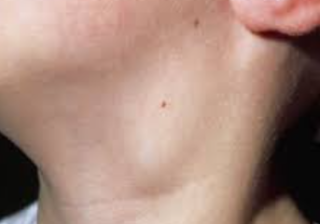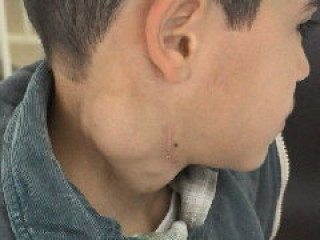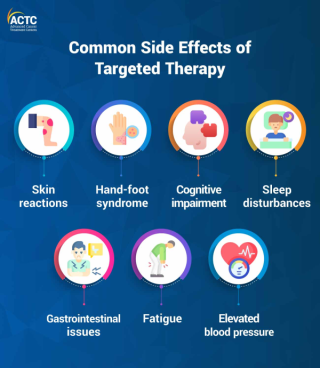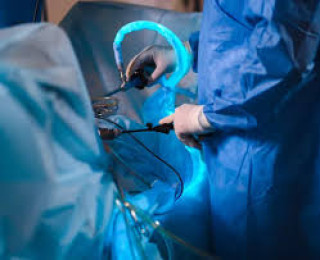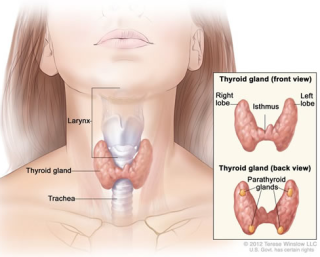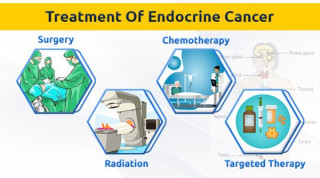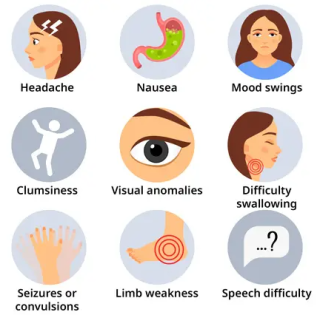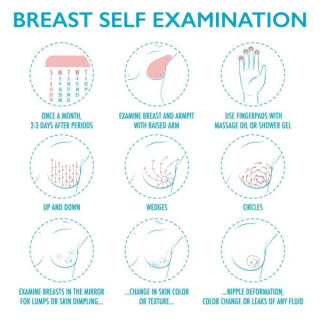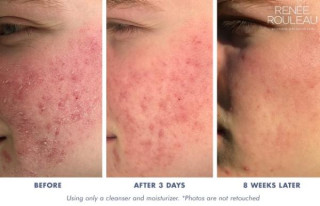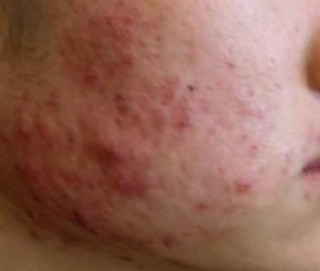What should I ask my doctor when diagnosed with endocrine cancer?created at May 04, 2009 1,306 1,306 Diagnosing endocrine cancer involves a combination of methods, |
What should I ask my doctor about treatment if I am diagnosed with Hodgkin's disease?updated at Nov 07, 2025 1,415 1,415 Being diagnosed with Hodgkin's lymphoma can be overwhelming.Understanding your treatment options and their potential impact on your life is crucial.This article outlines key questions to discuss with your doctor, |
What are the side effects of Hodgkin's disease treatment?updated at Nov 07, 2025 1,357 1,357 Side Effects of Hodgkin's Disease TreatmentThe treatments for Hodgkin's disease, |
How is Hodgkin's disease diagnosed?created at May 22, 2009 1,555 1,555 If Hodgkin's disease is suspected, |
Are there Clinical Trials available for Vulvar Cancer?updated at Nov 09, 2025 1,460 1,460 Clinical trials for vulvar cancer exist, |
Will I be able to adjust to Valva Cancer well?created at May 05, 2009 1,403 1,403 Adjusting to a vulvar cancer diagnosis and treatment is a deeply personal journey, |
Side Effects of Vulvar Cancer Chemotherapyupdated at Nov 08, 2025 1,437 1,437 Chemotherapy for vulvar cancer can lead to a variety of side effects, |
Radiation Therapy Side Effects of Vulvar Cancerupdated at Nov 09, 2025 1,508 1,508 Understanding Side EffectsRadiation therapy is a common treatment for vulvar cancer, |
Side effects of Vulvar Cancer Surgeryupdated at Nov 11, 2025 1,615 1,615 Curative surgery for vulvar cancer, |
Vulvar Intraepithelial Neoplasia as Risk Factors for Vulvar Cancerupdated at Nov 08, 2025 1,518 1,518 Vulvar intraepithelial neoplasia (VIN) represents the abnormal growth of cells within the vulvar epithelium.It's classified as a precancerous condition, |
How is cancer of the cervix treated?updated at Nov 22, 2025 1,709 1,709 Cervical Cancer Treatment OptionsTreatment for cervical cancer is highly individualized, |
What are the Side Effects of Treatment for Colorectal Cancer?updated at Nov 08, 2025 1,491 1,491 Side effects from colorectal cancer treatment are highly variable, |
Surgery for Colorectal Cancerupdated at Nov 13, 2025 1,385 1,385 Surgery is frequently the primary and sometimes the sole treatment approach for colorectal cancer.The specific surgical procedure employed is dictated by the tumor's location and size. Partial Colectomy: The Standard ProcedureThe most common surgical inter... |
What should I ask my doctor when diagnosed with thyroid cancer?created at May 04, 2009 1,267 1,267 When diagnosed with thyroid cancer, |
What are the treatment options for endocrine cancer?created at May 04, 2009 1,241 1,241 Treatment for endocrine cancers depends on the specific type, |
What are the symptoms of Brain Tumors?updated at Nov 11, 2025 1,565 1,565 Brain tumor symptoms are highly variable, |
What is the difference between primary bone cancer and secondary bone cancer?created at May 03, 2009 1,307 1,307 Primary bone cancer originates in the bone itself, |
What should I do if I find a lump while performing a monthly breast self-exam?created at May 03, 2009 1,325 1,325 Finding a lump during a breast self-exam doesn't automatically mean it's cancerous, |
Are there any acne treatments specifically for people with dark skin? Are there any treatments specifically harmful to dark skin?created at May 03, 2009 1,250 1,250 While there aren't acne treatments *specifically formulated* for dark skin, |
How long before I see a visible result from using my acne medication?created at May 03, 2009 1,259 1,259 The time it takes to see visible results from acne medication varies greatly depending on the type of medication, |
Can anything be done about scarring caused by acne?updated at Nov 07, 2025 1,349 1,349 Acne scarring can be a frustrating and persistent reminder of past breakouts.While completely eliminating scars is often difficult, |
